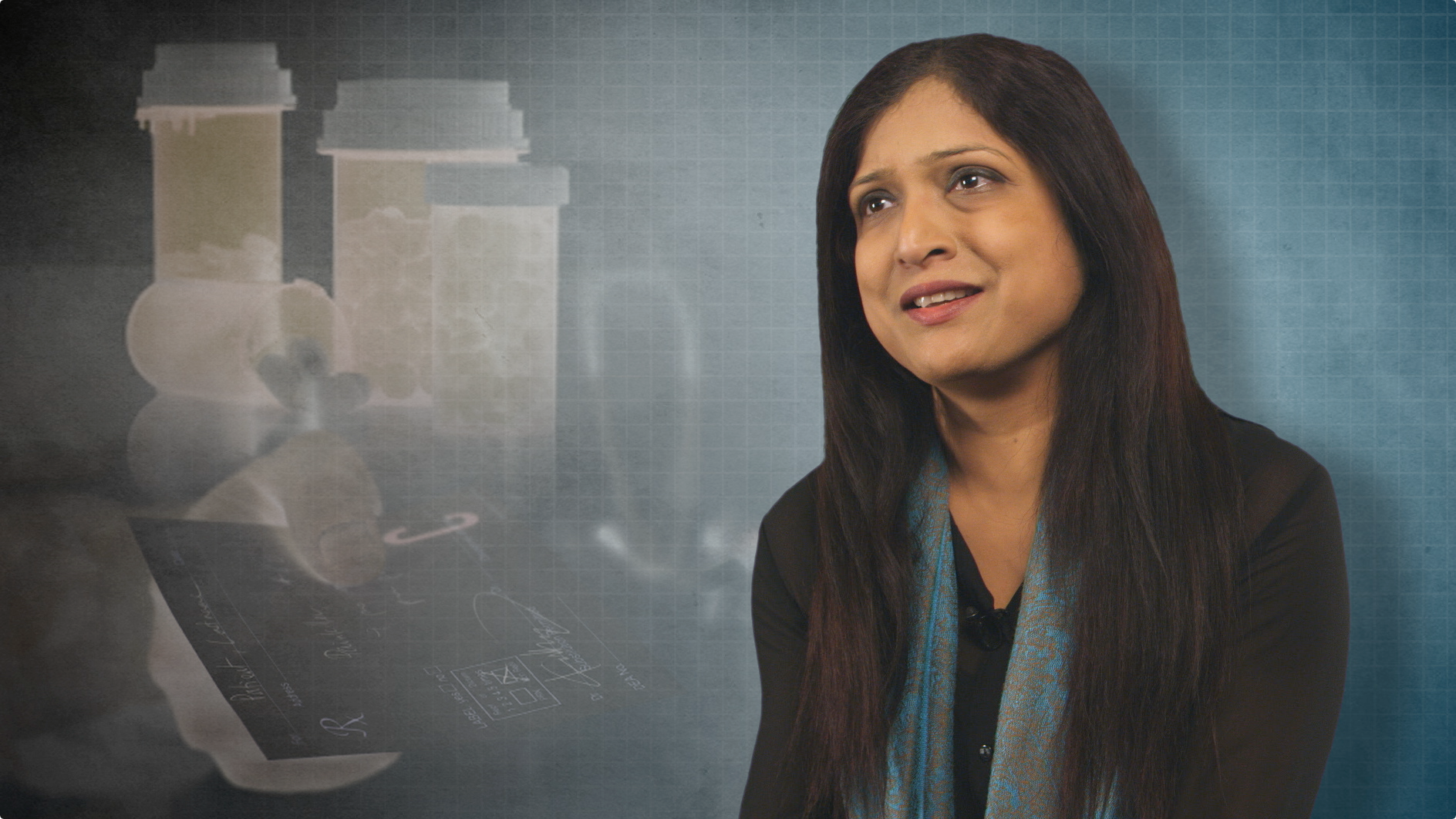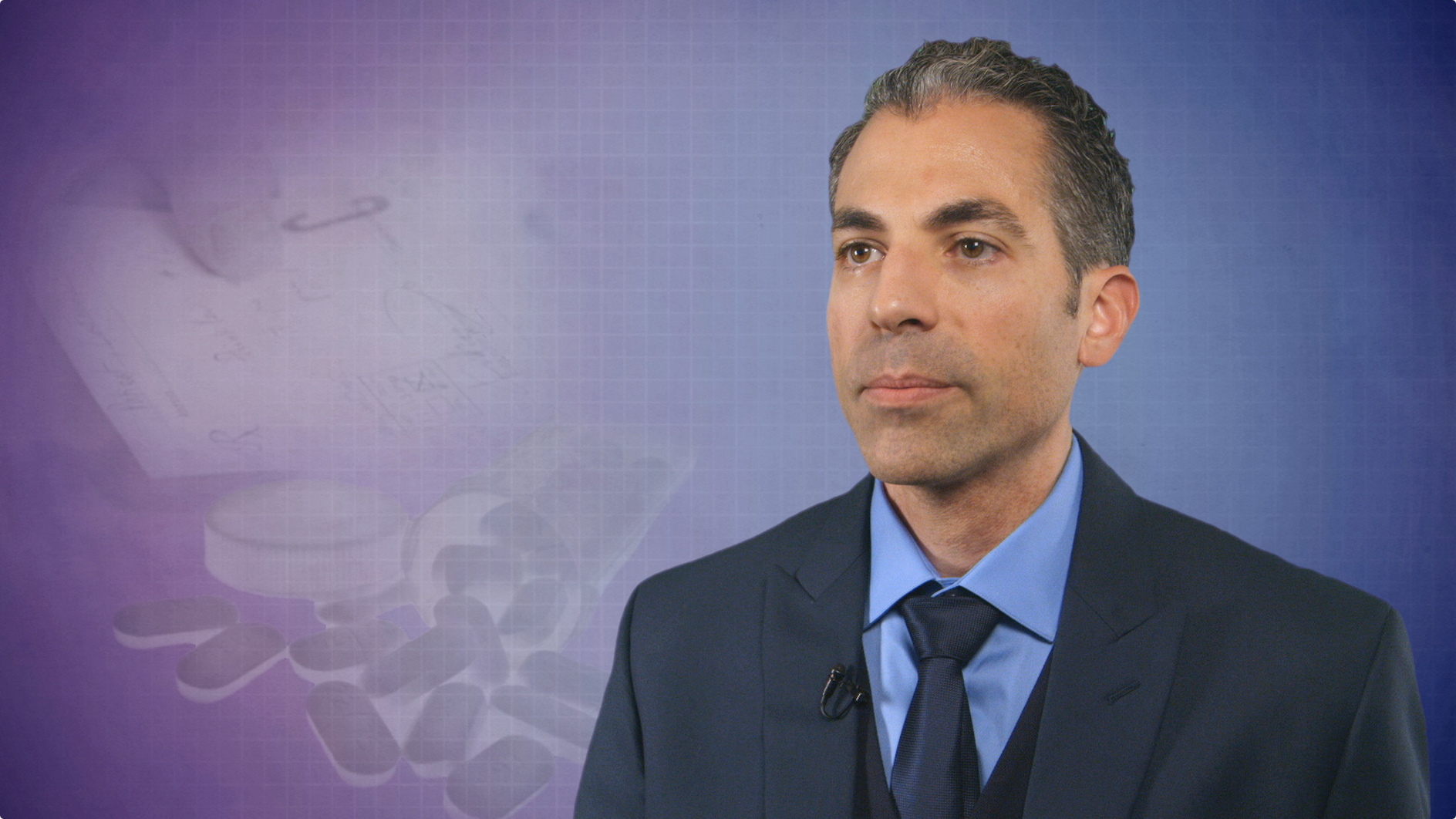CPAP reduces excess death risk in stroke patients with obstructive sleep apnea
Reuters Health • The Doctor's Channel Daily Newscast
Good adherence to CPAP in stroke patients with moderate to severe OSA “achieves a mortality (rate) similar to patients without OSA or with mild disease,” the study team reports in the July 1st issue of the American Journal of Critical Care Medicine.
Dr. Miguel Angel Martínez-García, of Requena General Hospital, Valencia, Spain and colleagues studied 166 consecutive elderly ischemic stroke patients who underwent a diagnostic sleep study 2 months after acute stroke.
Thirty-one patients did not have OSA (apnea-hypopnea index < 10); 39 had mild OSA (AHI 10-19) and 96 had moderate to severe OSA (AHI 20 or greater). Those with AHI 20 or greater were offered CPAP therapy.
During follow up lasting 5 years, 81 patients (48.8%) died, and only 28 (29.2%) of the 96 patients on CPAP therapy were considered to have good long-term adherence to therapy, using the device for an average of 5.9 hours per night.
According to the investigators, the 68 patients with moderate to severe OSA who did not tolerate CPAP had a significantly increased risk of death (adjusted hazard ratio, 2.69) compared with patients no or mild OSA, and an increased adjusted risk of death (HR, 1.58) compared with patients with moderate to severe OSA who tolerated CPAP.
There were no differences in death rates among patients without OSA, patients with mild OSA and patients who tolerated CPAP.
“Our results suggest that long-term CPAP treatment in moderate to severe OSA and ischemic stroke is associated with a reduction in excess risk of mortality,” the authors conclude.
Increasing CPAP adherence in stroke patients with OSA is an important but “very difficult objective,” Dr. Martínez-García said in a statement, “because of the special characteristics of stroke patients, who tend to be elderly, may have neurological damages, and whose symptoms related to sleep apnea are less likely to rapidly improve with CPAP.”
“Spending time to explain the benefits of treatment in terms of cardiovascular prognosis, being in direct contact with them, educational programs, offering them the possibility of sleep lab assessments if they have problems with CPAP treatment and improvements in the comfort of the devices would be the activities [physicians] could do to improve the adherence to CPAP treatment,” the researcher said.
Reference:
Am J Respir Crit Care Med 2009;180:36-41.






